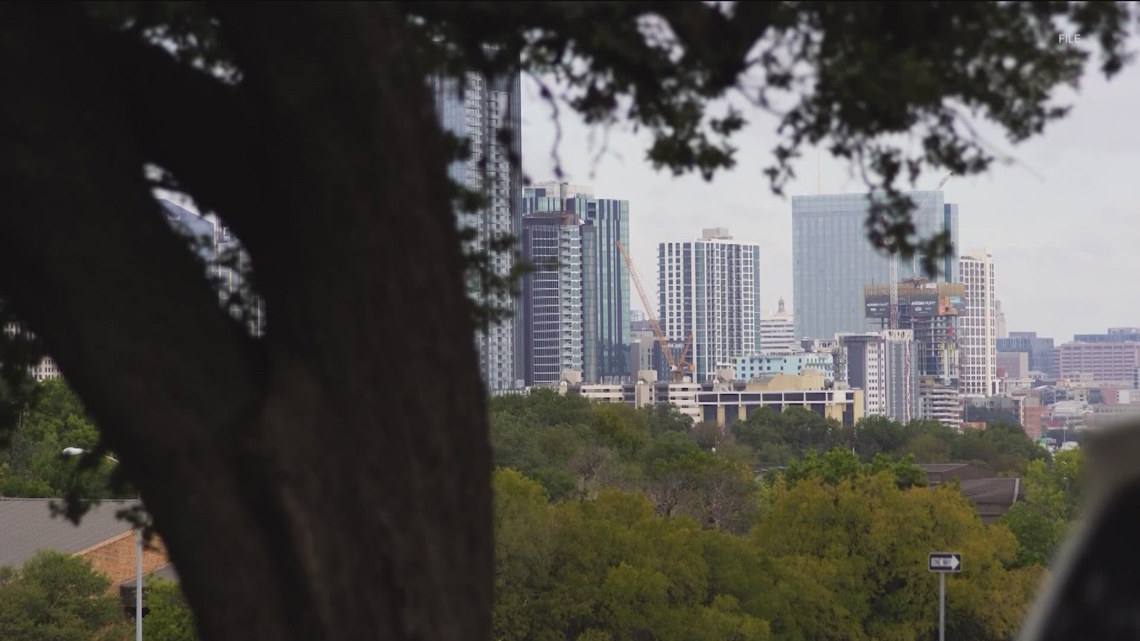
The Austin City Council approved a new set of regulations aimed at tightening oversight of short-term rental properties across the city.
AUSTIN, Texas — The Austin City Council passed a new set of regulations aimed at tightening oversight of short-term rental (STR) properties across the city during its council meeting Thursday.
Under the new rules:
- If an individual owns more than one STR, the STRs must be at least 1000 feet apart unless the STRs are located on a site with four or more dwelling units.
- On a site with four or more dwelling units, an owner may operate at least one, but no more than 25% of the units.
Council Member Ryan Alter told KVUE that this will prevent any single owner from occupying a large number of short-term rentals on one street.
“We wanted to preserve that housing, preserve the neighborhood aspect, but also recognize that this is a tool for people to be able to afford to live here,” Alter said.
The regulations also introduce a city-issued license requirement for STR operators. Platforms such as Airbnb and Vrbo will be required to display these licenses on listings. The measure is designed to give the city greater enforcement capabilities, including the ability to declare properties a nuisance, revoke licenses and require corrective actions for repeat violations.
“If you go and you list on Airbnb and you don’t have a license, the city can go tell Airbnb you need to take that person off,” Alter said. “So finally, we have a little bit of enforcement that we’ve lacked for a long time.”
Blake Anthony Carter, founder of Cribs Consulting, said he estimates that more than half of STR properties in the city currently operate without licenses. While he believes the new rules will help the city identify operators more effectively, he also warns that the changes could significantly reduce the number of available STRs.
“With this going into effect, it’s going to drop off potentially half of the properties if people don’t get licensed,” Carter said, adding his belief that some owners may begin shifting their operations to areas outside the city limits.
Most of the new regulations are scheduled to take effect on Oct. 1, while the licensing requirement will be implemented early next year.
The new regulations come after an ordinance requiring short-term rental properties to pay an 11% hotel occupancy tax went into effect on April 1.
